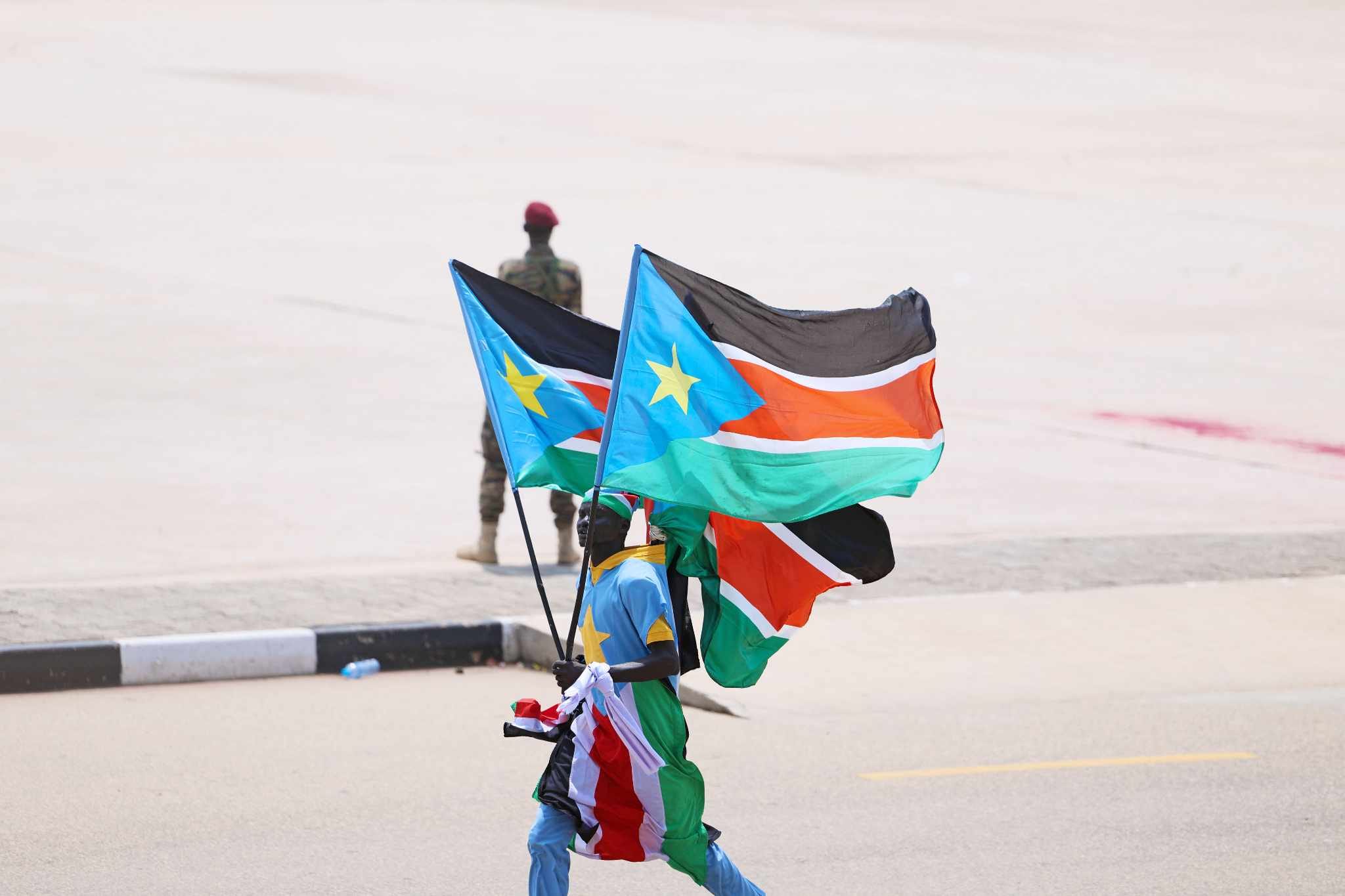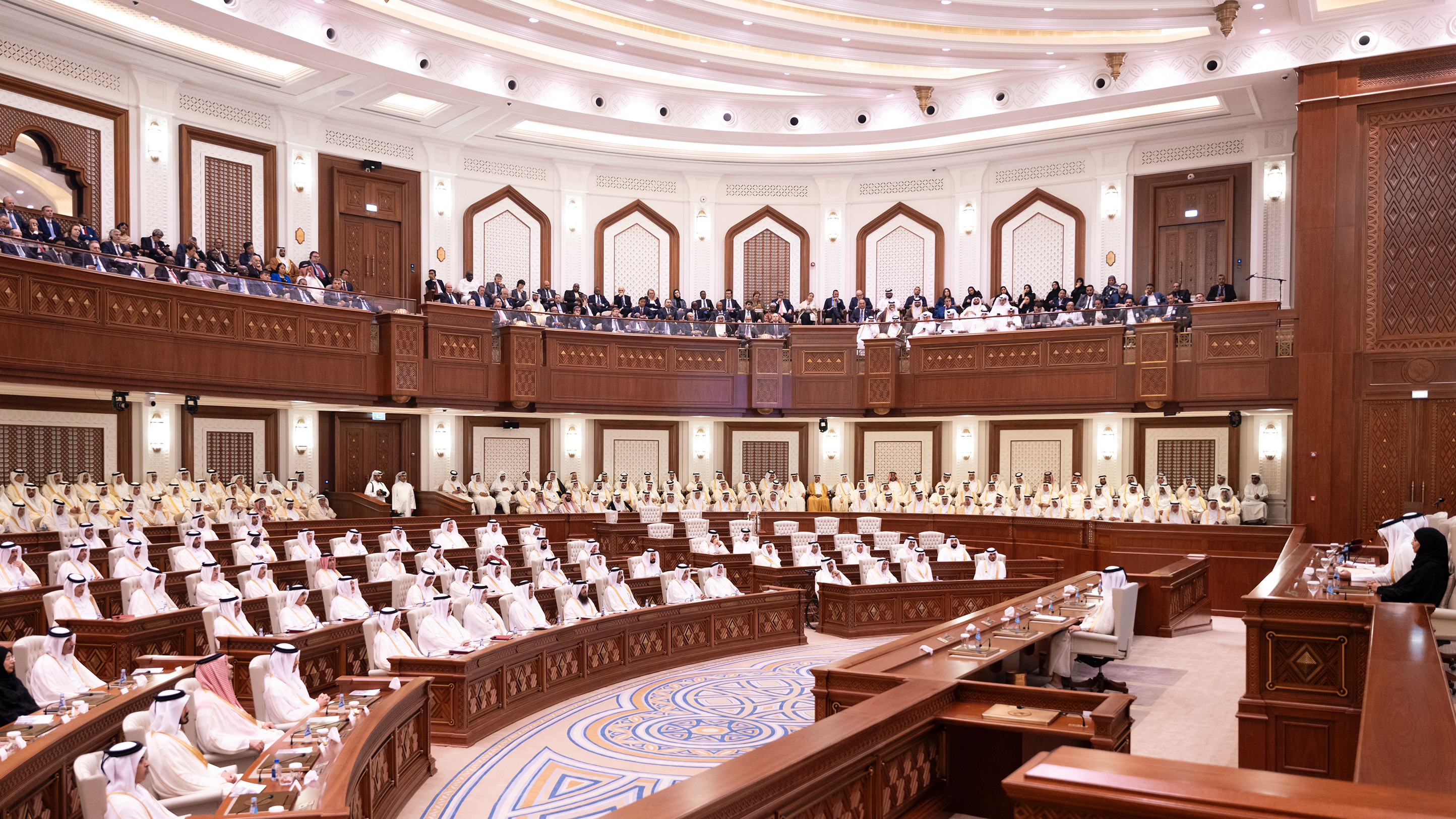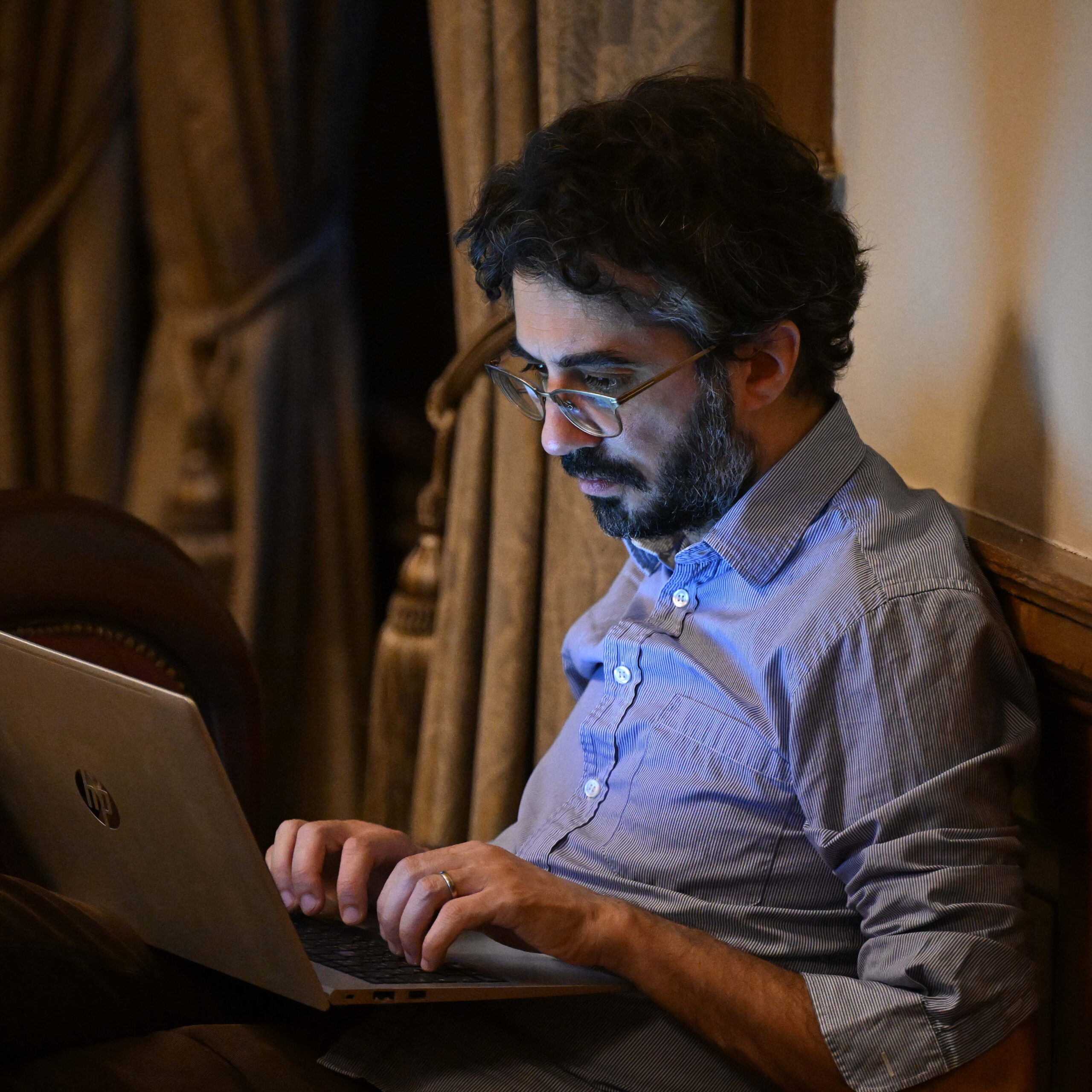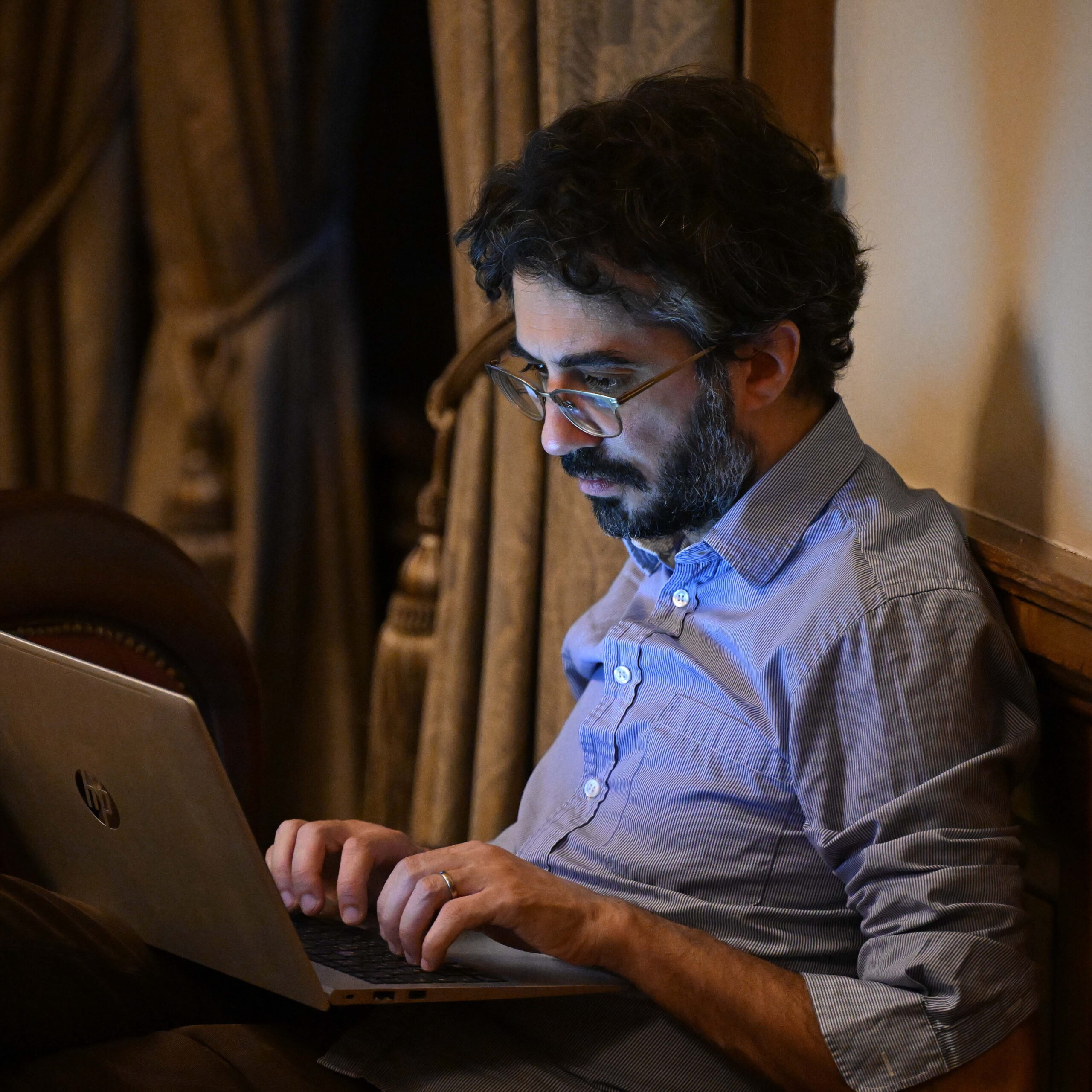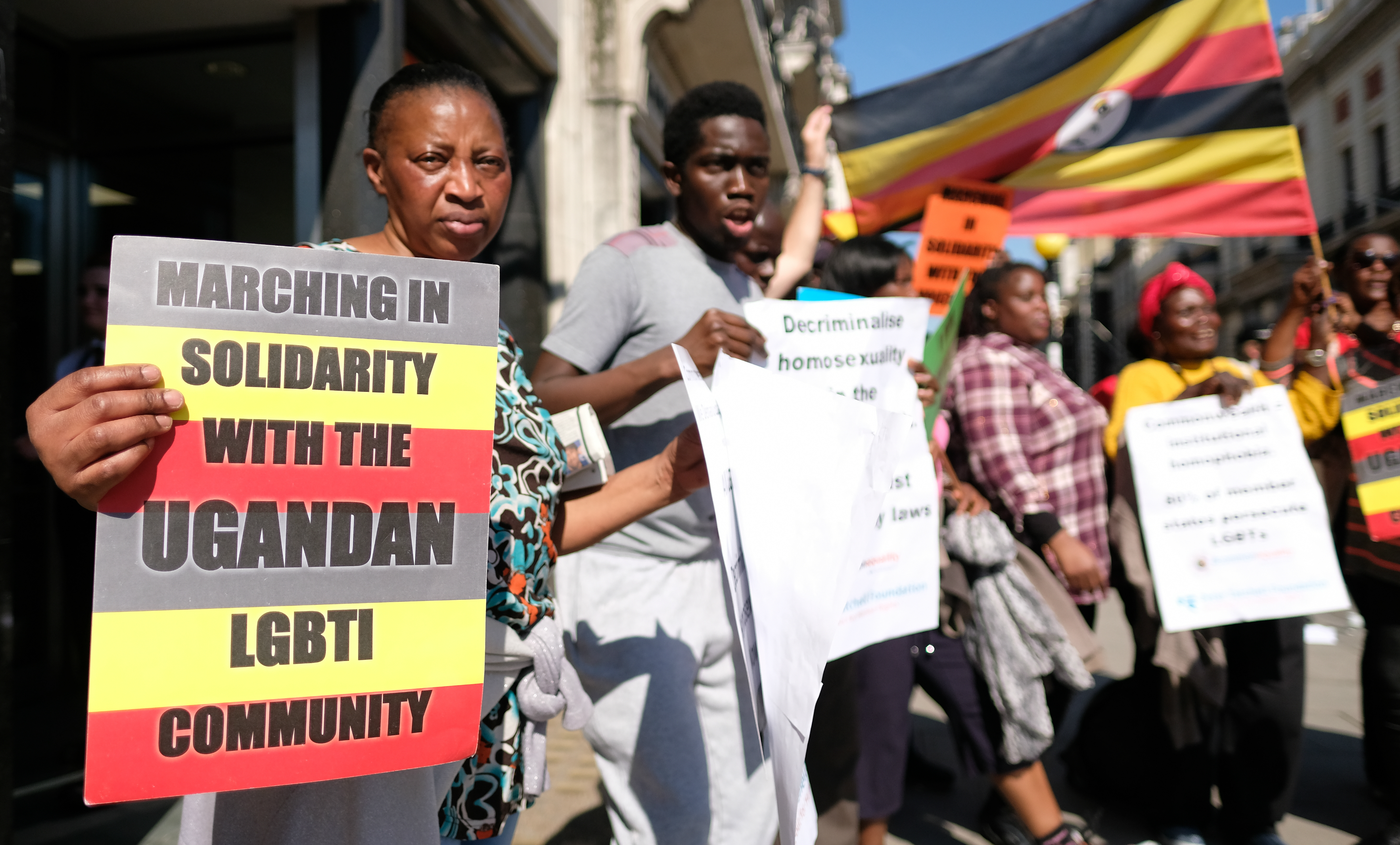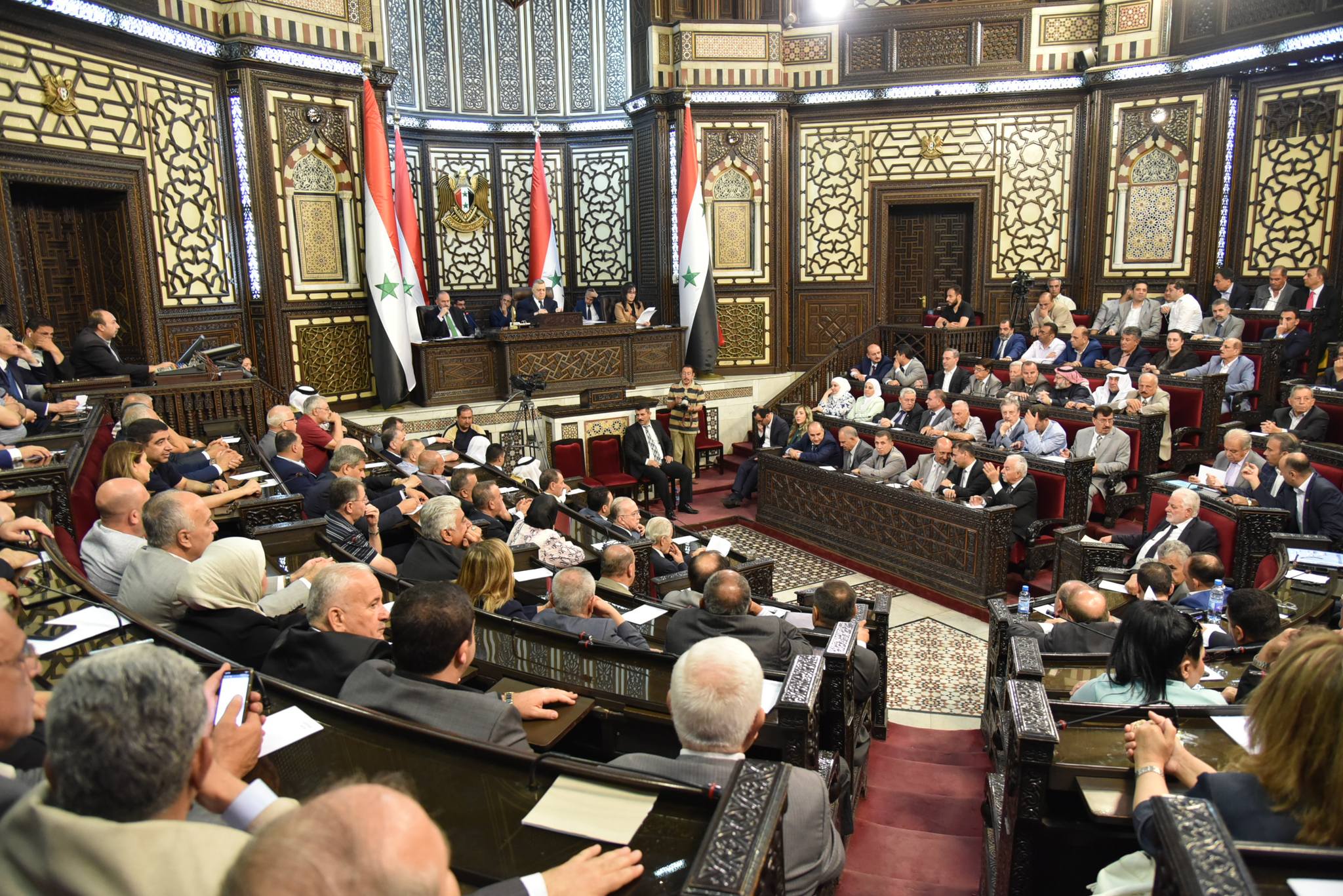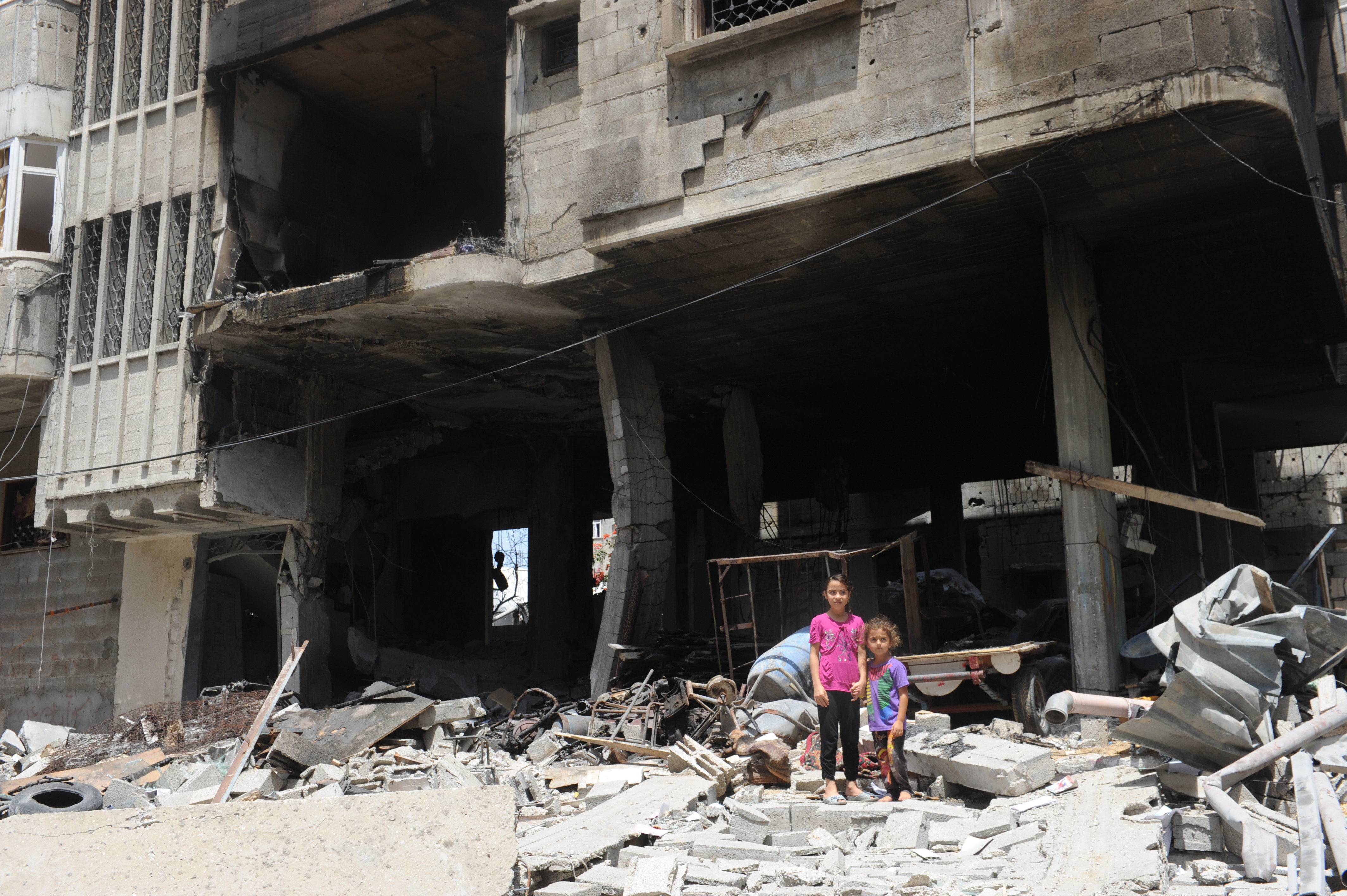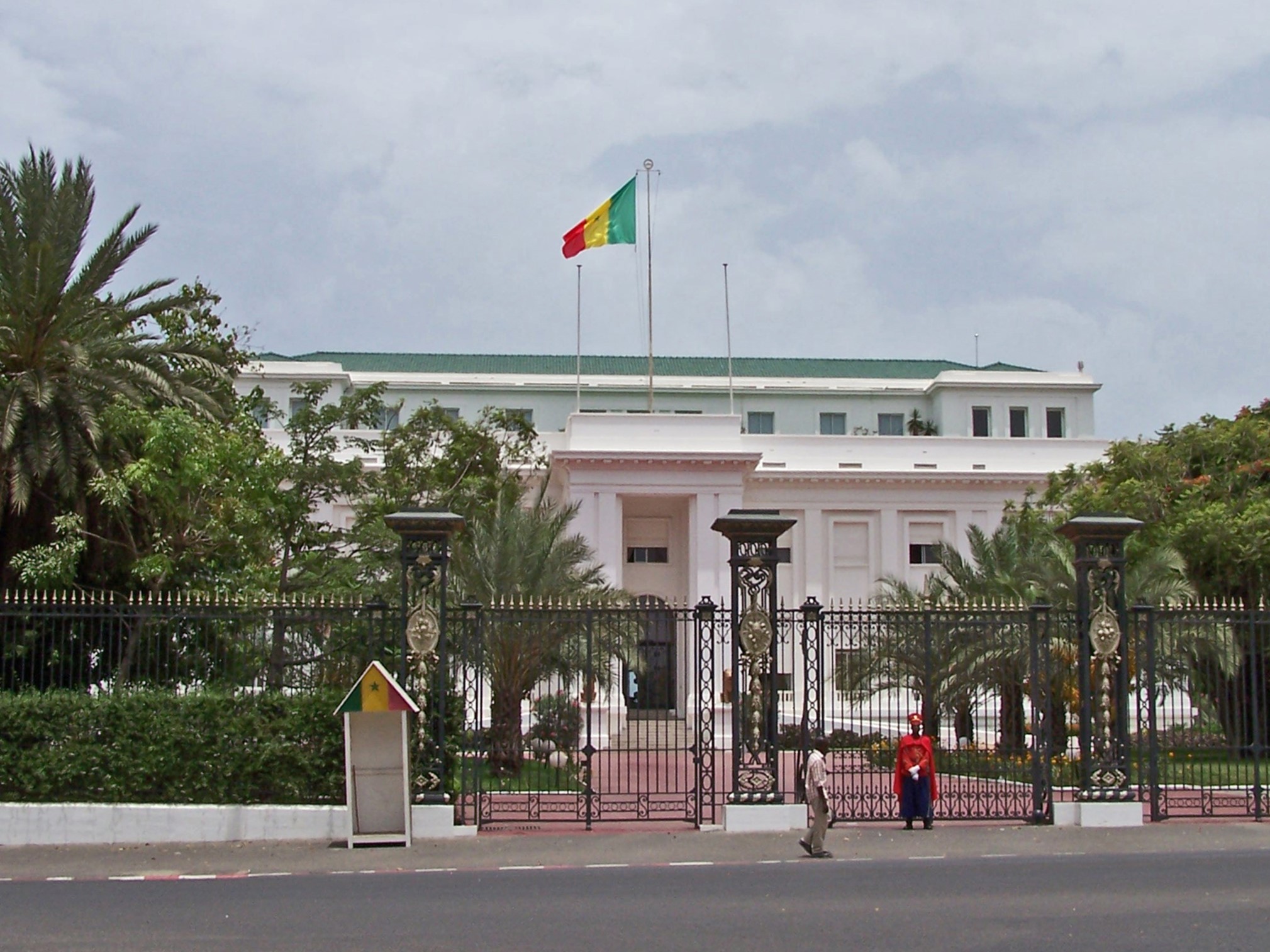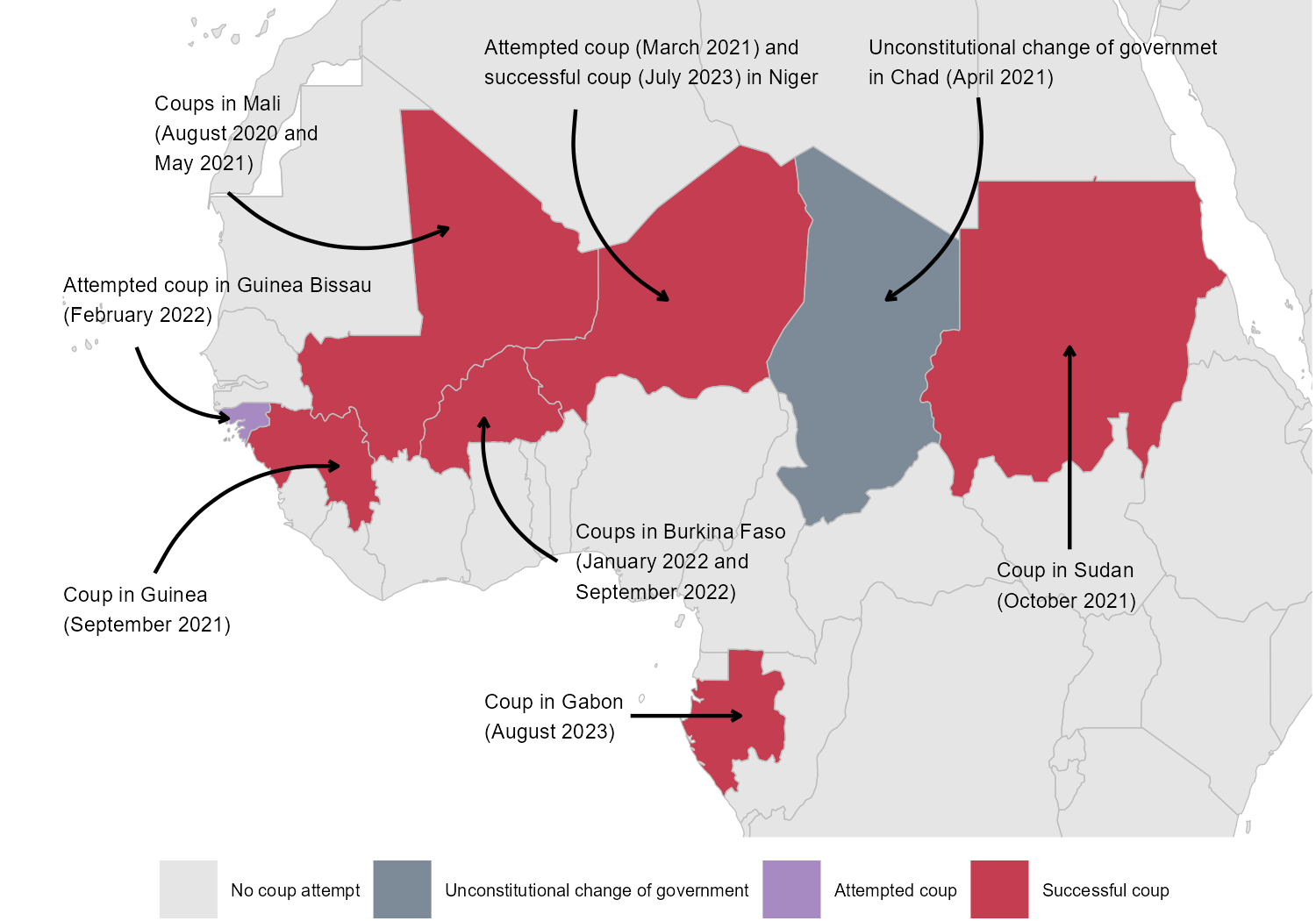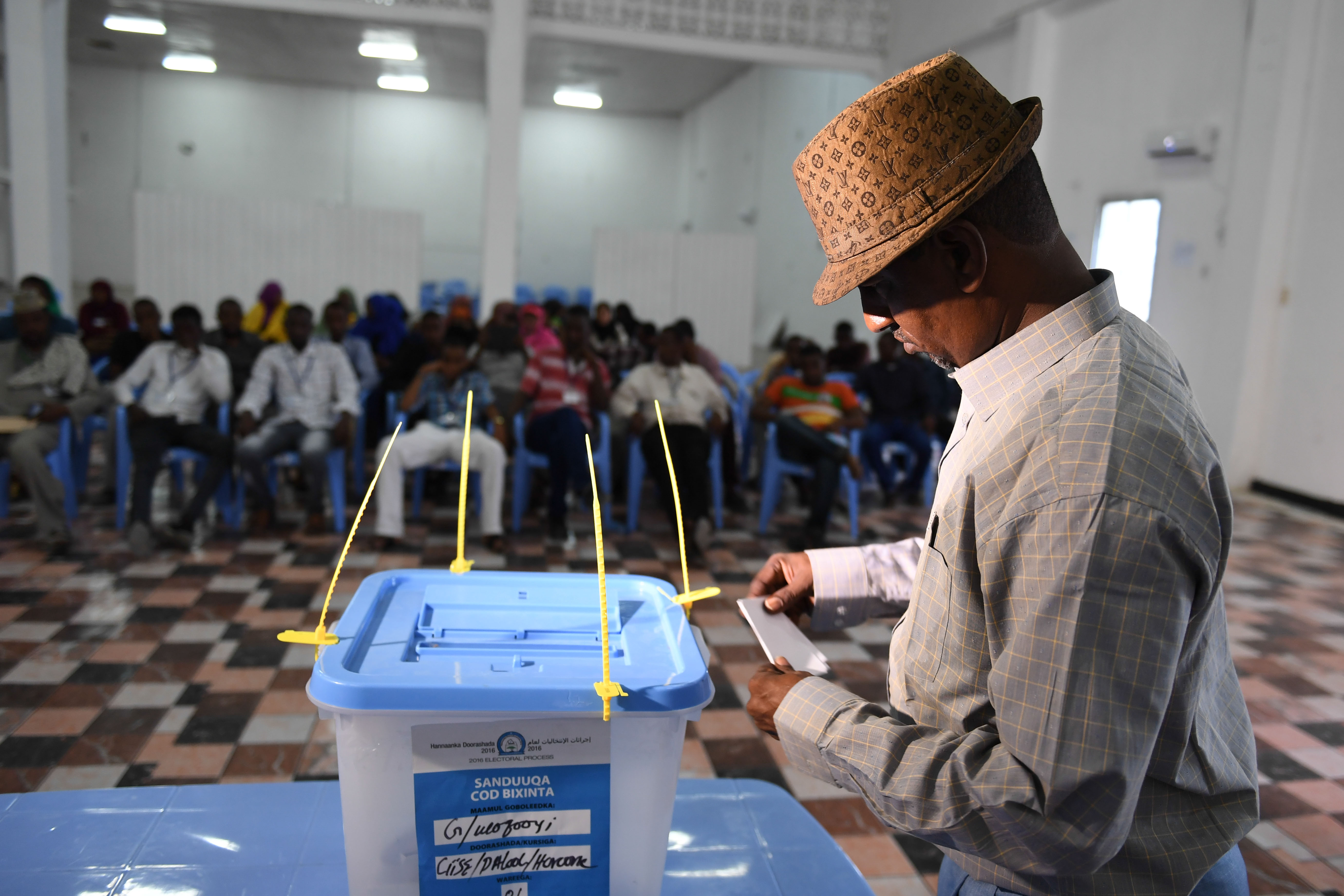Africa and Western Asia
During the first half of 2024, key trends in Africa and Western Asia included armed conflict, attacks on opposition parties, and advances and declines in LGBTQIA+ and women’s rights. Ten national elections took place in the region during this period. The events have been organized below according to the category of democratic performance where they had the greatest impact.
Looking ahead, it will be important to continue to monitor armed conflict in places such as Gaza and Sudan, as well as a set of diverse governance issues in Palestine and Kuwait, youth-led protests in Kenya and complex transitions in countries such as Burkina Faso, Mali, Niger and Gabon that have experienced unconstitutional changes of government. Finally, it will be important to watch the twelve national elections scheduled to take place during the latter half of the year.
Emerging patterns
Representation
One of the clearest trends to have emerged in the first six months of 2024 is that of attacks on opposition parties. Some of the most extreme examples include blanket bans on some political parties and coalitions imposed by the governments of Mali and Cameroon, respectively. The military regime in Gabon looks set to follow suit, after a national conference in April recommended the suspension of all political parties pending new regulations. The deaths of Bate Urgessa in Ethiopia and Yaya Dillo Djerou in Chad, both allegedly at the hands of state security forces, also highlighted the vulnerability of opposition politicians in these countries to physical attack. In Chad and in Zimbabwe, the courts have played a role in restricting political party freedom, with judiciaries controversially excluding opposition candidates from competing in key national elections and paving the way for incumbent wins.
Rights
The region also experienced several significant advances and declines in LGBTQIA+ and women’s rights in the first half of the year. The parliaments of Ghana and Iraq passed highly restrictive anti-LGBTQIA+ legislation that prescribe heavy prison sentences for same sex relations, being transgender and promoting homosexuality, thereby shrinking civic space for advocacy and support work. The constitutionality of the Ghanaian bill, which has not yet been signed into law, is being challenged in the country’s Supreme Court. In June, Namibia’s high court overturned two colonial-era laws criminalising same-sex conduct, ruling that they unfairly discriminated against gay men and were therefore unconstitutional. The case was brought by a prominent Namibian LGBTQIA+ activist. Attitudes towards homosexuality vary across Africa and tolerance levels in Namibia and the southern Africa region more broadly are amongst the highest on the continent.
Gender equality continued to be undermined in Iran, where the police assaulted women and girls in a violent new hijab enforcement campaign in April. There was a potential setback, too, in Somalia, where a constitutional amendment setting the ‘age of maturity’ at 15 is predicted to perpetuate high levels of child marriage, particularly for girls. In contrast, Sierra Leone’s parliament passed legislation outlawing this practice. Women’s political representation was given a boost in the Democratic Republic of Congo, when President Félix Tshisekedi appointed the country’s first female prime minister, Judith Suminwa Tuluka.
Rule of Law
The impact of armed conflicts on the rule of law and rights is another area of concern for the region. Warnings from UN experts that genocide is being committed in Gaza and that it may have been committed in Darfur and the massacre of over two hundred civilians by the army in Burkina Faso, underscore the gravity of the breaches of Personal Integrity and Security and the threats the conflicts pose to Social Group Equality. Freedom of Movement has also been significantly impacted, with large scale displacement a feature of the wars in Gaza and Sudan, as well as the Democratic Republic of Congo, the Cabo Delgado region of Mozambique, and the Amhara region of Ethiopia, where clashes between the government and ethnic militia have also prompted an extension of a state of emergency restricting people’s movement. The conflicts have also coincided with growing restrictions on Freedom of the Press, with operations or access to foreign media outlets suspended in Israel, Sudan and Burkina Faso. The repression of pro-Palestinian protests in Jordan highlighted how the effects of armed conflict on Civil Liberties are being felt beyond the borders of war-torn countries.
Participation
There were 10 national elections in Africa and Western Asia in the first half of the 2024 election supercycle, of which five were presidential and five parliamentary. The average voter turnout was 57.37 per cent. Turnout for Iran’s parliamentary elections and the first round of its Presidential election was particularly low (just 40 per cent in both), reflecting pervasive disenchantment with the country’s political system. In the countries that held parliamentary elections, average female representation declined from 18.46 to 16.97 per cent and none of the presidential elections returned a woman president -notwithstanding the appointment of new female prime minister in the Democratic Republic of the Congo. Only Senegal’s presidential election resulted in a transfer of power, with Bassirou Diomaye Faye of the African Patriots of Senegal for Work, Ethics and Fraternity succeeding Macky Sall of the Alliance for the Republic. The election was also notable for the resilience shown by Senegal’s courts, electoral commission and civil society, which ensured a peaceful transition amidst a constitutional crisis that threatened to destabilise its democracy. In South Africa’s general elections, the long-governing African National Congress party lost its absolute majority, resulting in the formation of the first national coalition government since 1994.
Looking ahead, an important area to watch will be the continuing impact of the region’s armed conflicts on Rights and Rule of Law. Ongoing legal proceedings in the International Criminal Court and the International Court of Justice as well as investigations by UN experts are likely to shed light on the human rights violations that have taken place in Palestine, Israel and Sudan, as well as the risk of future abuses.
The conflict in Gaza has also raised questions about Palestine’s future governance, prompting renewed calls for democratic reforms to the Palestinian Authority. It is unclear whether such calls will be heeded, but it is likely that pressures for reform will grow once the conflict comes to an end. Governance issues are also live in Kuwait, where, in May, the Emir responded to prolonged parliamentary-executive deadlock by dissolving parliament and suspending parts of the constitution. In Kenya, the emergence of a youth-led protest movement pressing for governance reform has placed the government under pressure, particularly on issues such as corruption and police brutality. The potential impact of these protests on Civic Engagement, Absence of Corruption and Civil Liberties bears monitoring.
The first half of 2024 underlined the fragility of the democratic transitions in Africa’s coup-affected countries, with both Mali and Burkina Faso failing to honour commitments to hold transitional elections and extending the rule of their respective juntas. Revisions to the transitional charters of both countries and those recommended by Gabon’s national conference look set to further entrench the rule of these military governments, with particularly concerning consequences for Free Political Parties and Elected Government.
There are twelve national elections scheduled in the region for the second half of 2024, including presidential and parliamentary elections in South Sudan which, if held, will be the first in its post-independence history.
Expert Interview
Murithi Mutiga on Africa’s elections supercycle: Countering coups, electoral credibility and developments to watch
READ MOREFactors of Democratic Performance
Scores represent regional averages in 2023.
*Data represents an average of the entire region
Number of events reported
See the most frequently impacted categories of democratic performance over the last six months
Most impacted factors of democracy
| Personal Integrity and Security |
|
29x |
| Civil Liberties |
|
25x |
| Political Equality |
|
19x |
Critical Events
- Kenya - June 2024 | Dozens killed as police repress youth-led anti-tax protests
- Mali - April 2024 | Mali indefinitely suspends political parties and associations
- Israel - March 2024 | UN expert report finds ‘reasonable grounds’ genocide is being committed by Israel in Gaza
- Chad - February 2024 | Opposition politician killed by security forces
- Comoros - January 2024 | Riots, a curfew, and Internet shutdown after contested election
Specially Tagged Events
Democracy Notes
Archive
See past regional pages or use the archive to design a customized search to find exactly what you are looking for.

